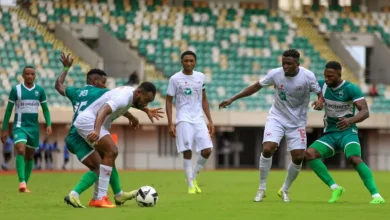
The recent ruling by a Spanish appeals court overturning Dani Alves’ rape conviction has sparked significant attention. The court’s decision came after it determined that there were “shortcomings,” “inaccuracies,” and “inconsistencies” in the trial. Alves, who was sentenced to four and a half years in jail in February 2024 for raping a woman at a Barcelona nightclub in December 2022, had been released on bail while awaiting his appeal.
Alves’ defense argued that the case against him was flawed, pointing out contradictions and gaps in the evidence. In contrast, the prosecutors had appealed for a more severe sentence of nine years in prison. The appeals court, however, annulled the conviction and sided with Alves’ appeal. As a result, the additional penalties, including the requirement for Alves to pay compensation and serve probation, were also dropped.
Throughout the trial, Alves denied the accusations of violence, claiming the encounter was consensual, while the victim described the event as violent and traumatic. Alves initially denied knowing the accuser but later admitted to having sex with her after CCTV footage surfaced showing them entering a bathroom together. He had originally lied about the incident out of fear that his wife would leave him.
Alves’ legal battle and the court’s decision have sparked widespread debate, particularly regarding the impact of money and power on the legal process. Brazilian President Luiz Inácio Lula da Silva criticized the court’s decision to grant Alves bail, emphasizing that money should not be able to erase the crime of rape.
This case has raised important questions about the justice system, the role of evidence in trials, and the broader implications of high-profile individuals facing serious accusations.





